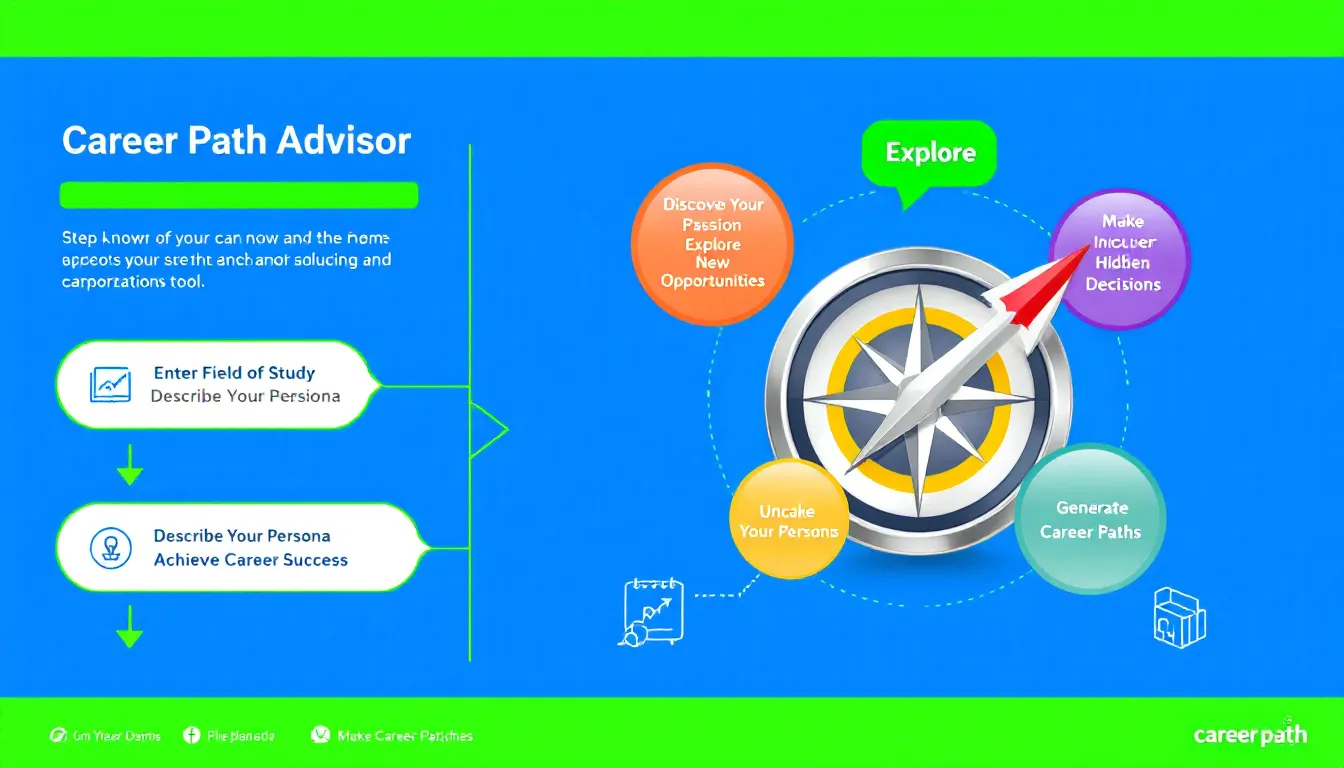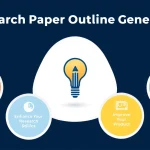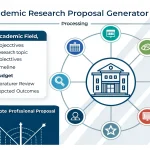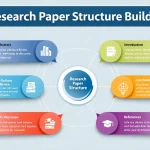Career Path Generator
Is this tool helpful?
How to Use the Career Path Generator Effectively
The Career Path Generator helps you discover personalized career options based on your academic focus and unique profile. Follow these steps to get the most from the tool:
- Enter your field of study: Type the specific major or discipline you are pursuing. Be as precise as possible to receive relevant career options. For example, “Cybersecurity” or “Cognitive Psychology.”
- Describe your persona: Use the text area to share your interests, skills, and career goals. Include details that capture what motivates you and the type of work environment you prefer.
- Submit the form: Click the “Generate Career Paths” button to receive tailored career recommendations.
- Review your career options: Read through the suggested roles, their descriptions, typical employers, and industry trends.
- Take next steps: Use the insights and resources provided to explore further education, internships, or certifications that fit your goals.
Sample Inputs for Better Understanding
Here are two sample entries to guide how you can fill out the form for personalized career suggestions:
Sample Input 1:
- Field of Study: Renewable Energy Engineering
- Persona: Dedicated to sustainable solutions, skilled in system design and project management, interested in working on solar and wind power innovations. Prefers collaborative roles in environmental startups.
Sample Input 2:
- Field of Study: Digital Marketing
- Persona: Creative thinker with strong communication skills, passionate about social media strategies and data analytics. Aspires to work with global brands to increase audience engagement.
Introducing the Career Path Generator: Your Guide to Smart Career Choices
The Career Path Generator is an online tool designed to match your academic field and personal interests with suitable career opportunities. By providing details about your study focus and your unique profile, the tool generates a list of relevant career paths that align with your skills and goals.
Unlike general career advice platforms, this generator tailors its suggestions based on your specific inputs, helping you uncover both common and lesser-known professions in your area of study. It also delivers up-to-date insights on job market trends, giving you a clearer picture of industry demands and growth sectors.
Benefits You Gain from Using the Career Path Generator
- Customized Career Matches: Receive career options aligned with your academic background and personal skills.
- Wide Range of Opportunities: Discover traditional and emerging roles you may not have considered.
- Insightful Job Descriptions: Understand the responsibilities and typical employers for suggested careers.
- Relevant Market Trends: Stay informed about industries with growing demand and promising futures.
- Guidance for Next Steps: Access suggestions on certifications, internships, and networking opportunities to advance your career planning.
This tool empowers you to make informed decisions, helping you navigate your professional future with confidence by aligning your education with viable career options.
Practical Uses of the Career Path Generator
The Career Path Generator supports students, recent graduates, and career changers by providing meaningful insights into potential career directions. Here are practical scenarios illustrating how the tool assists users:
1. Choosing a Suitable Major Early On
If you’re undecided about your major, you can explore career outcomes related to various fields of study. This helps you compare options and select a path that aligns with your interests and market demand.
2. Preparing for Internships and Job Searches
Use the generator to identify roles and industries that match your skills and aspirations. This information sharpens your internship applications and directs your job search to the most relevant opportunities.
3. Exploring Career Changes or Advancement
If you’re considering a career shift or growth, the tool helps you identify transferable skills and new career paths related to your experience and interests, easing the transition.
Example Scenario: Personalized Career Path Recommendations
Suppose you enter the following details:
- Field of Study: Urban Planning
- Persona: Interested in sustainable city development, skilled in data analysis and GIS technologies, motivated to improve community living through innovative infrastructure solutions.
The Career Path Generator might suggest these options:
- City Planner
- Responsibilities: Develop land-use plans, coordinate public projects, advise on zoning laws.
- Potential Employers: Municipal governments, urban development firms, planning agencies.
- Market Trend: Increasing focus on sustainable and smart city initiatives.
- Environmental Consultant
- Responsibilities: Assess environmental impact, recommend policies, support compliance requirements.
- Potential Employers: Consulting firms, government bodies, environmental organizations.
- Market Trend: Growing demand for environmental assessments amid climate change concerns.
- GIS Specialist
- Responsibilities: Manage geographic data, create maps, support spatial analysis for planning projects.
- Potential Employers: Technology companies, urban planning departments, research institutes.
- Market Trend: Rising use of GIS in decision-making across multiple industries.
This example showcases how the tool combines your field and personal traits to provide targeted, actionable career advice.
Why You Should Use the Career Path Generator
You face multiple challenges when planning your career—from choosing a suitable direction to understanding industry demands. The Career Path Generator resolves these issues by:
- Clarifying career options: It narrows down possibilities to roles matching your education and interests.
- Enhancing market awareness: It informs you about evolving jobs and where demand is growing.
- Bridging theory and practice: Connects academic knowledge to real-world career paths.
- Encouraging focused research: Offers a starting point for deeper exploration of chosen fields.
- Building confidence: Shows you viable and diverse options, reducing uncertainty about your future.
Use this tool to make confident, well-informed decisions that align your studies and personal goals with professional opportunities.
Important Disclaimer
The calculations, results, and content provided by our tools are not guaranteed to be accurate, complete, or reliable. Users are responsible for verifying and interpreting the results. Our content and tools may contain errors, biases, or inconsistencies. Do not enter personal data, sensitive information, or personally identifiable information in our web forms or tools. Such data entry violates our terms of service and may result in unauthorized disclosure to third parties. We reserve the right to save inputs and outputs from our tools for the purposes of error debugging, bias identification, and performance improvement. External companies providing AI models used in our tools may also save and process data in accordance with their own policies. By using our tools, you consent to this data collection and processing. We reserve the right to limit the usage of our tools based on current usability factors.







